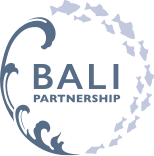Collective initiative to solve the waste management problem in the Island of the Gods.
Kemitraan Bali Resik
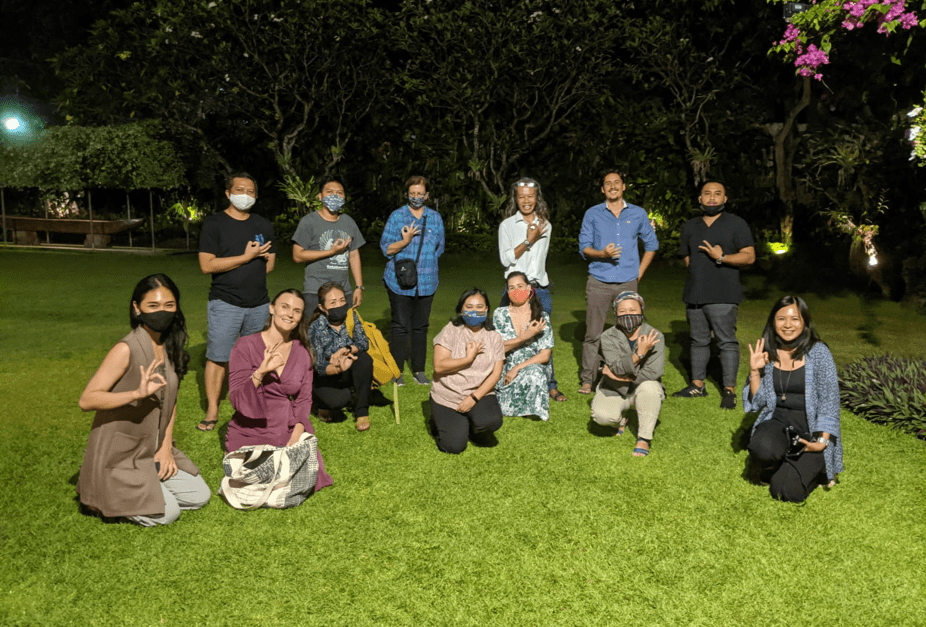
Background
Kemitraan Bali Resik (Bali Resik Partnership) is a Multi-Stakeholder Forum developed based on collective ideas and agreement to expedite essential collaboration and coordination on waste management for the island of Bali, in line with the traditional, cultural principle of Tri Hita Karana (Harmony with God, Harmony among people, Harmony with nature or environment) and focused on research-based evidence of waste management priorities (urgent needs).
To address the increasingly severe waste problem, the Bali Government aim to lead Indonesia’s efforts to reduce ocean plastics by 70% by 2025. The governor issues regulation through Governor Regulation (Peraturan Gubernur) no. 97, 2018 to Suppress Single Use Plastic.
In addition to the government’s effort through policies, initiatives are raising among activists, businesses, researchers, and communities to make their stand in combatting plastic waste, by providing waste management services, beach cleanups, campaign waste sortation at source, and conduct research to publicize the latest data of Bali’s waste generation and leakage.
Established in 2020, Kemitraan Bali Resik exist as response to address the importance of waste management in the island of Bali. The forum is a collective initiative among waste management stakeholders (organisations and individuals), to expedite essential collaboration and coordination on waste management problem from the research-based evidence.
In line with the Balinese’s cultural principle of Tri Hita Karana (Harmony with God, Harmony among people, and Harmony with environment or nature), the forum is informally, but closely, works with government, traditional villages (desa adat), and civil society on the problem and solutions for the better waste management in Bali. The forum also aims to shares information, problem solve, and promotes opportunities for proactive and innovative improvements towards waste reduction.

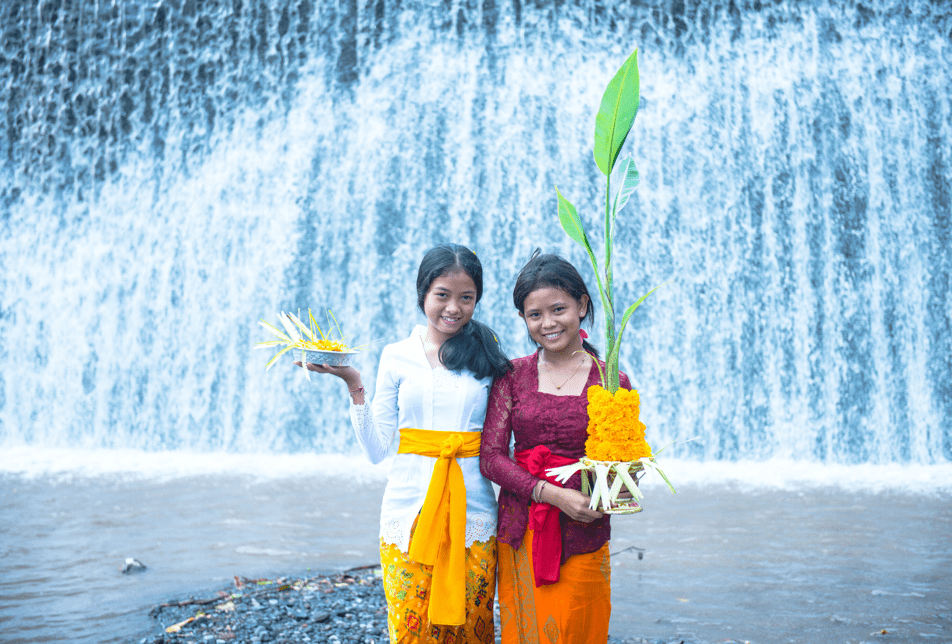
The principles
As a collective effort to encourage wider participation in solving waste related issues, the round table encourage and support various organisations, institutions and initiatives to create sustainable solutions in reducing waste to landfill. The round table also encourage households, businesses, and institutions to establish waste separation at source, and support the accessibility to waste management collection and services.
Along with the on ground-based activities, the round table initiative plans to support the government, Materials Recovery Facilities (MRFs), and independent parties to adopt fair and safe working conditions; and to support the alignment and contribution in building a shared dataset, tools, and impact measurements. Each of the member can share their experiences and expertise related to waste management, which includes sharing recommendations to the government.
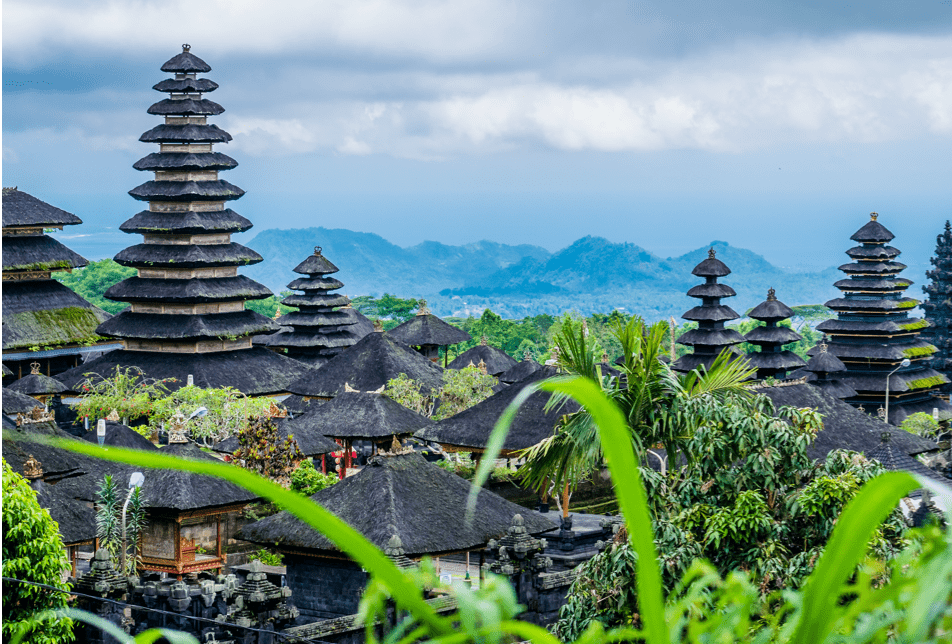

Collaboration Program
1. The existence of the Kemitraan Bali Resik (KBR) aim to help solving waste management problems (Roundtable)
Objectives:
A group of stakeholders, who come together and focus to provide suggestions and ideas as solutions for “certain cases” in waste management in Bali. KBR is the main forum for non-government actors to provide appropriate input to the government and can function in different ways as needed.
Activity:
Provide advice on the solutions to waste problems, which will be documented as an official memo to the members and government, and share it to the media.
2. Waste management learning series
Objectives:
To create a stakeholder group that have interests in waste management issues and their application in Bali, which focuses on educational aspects and will address more challenging issues as priorities, and important topics related to waste management.
Activity:
Learning session in centralized and neutral place (e.g. government office), open to public. Participants are committed to participating in learning sessions.
3. Collaborative projects that prioritise Bali waste management
Objectives:
To utilize the strengths, skills, and experience of members in Bali. Projects must be conceptualized and prepared in proposals for funding. The basic criteria for the project to be undertaken must be outside the scope of the individual / organization or company, and/or in a different geographical area where there is a significant potential impact.
Activity:
Members collaborate to compile written proposals and find funding, coordinate with different members and implementing team.
Members
| Name | Description | Link | Logo |
|---|---|---|---|
| Eco Bali | Organisation | https://eco-bali.com/ | 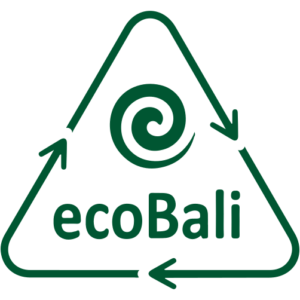 |
| Griya Luhu/KKPS | Organisation | https://www.facebook.com/Griyaluhu/ |  |
| I Gede Hendrawan | Individual | ||
| Jane Fischer | Individual | ||
| Lucy Mitchell | Individual | ||
| McKinsey.org | Organisation | https://www.mckinsey.org/ | 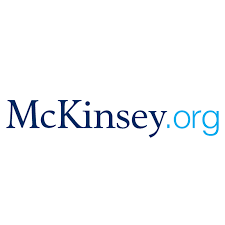 |
| Merah Putih Hijau (MPH) | Organisation | https://mph-bali.org/ |  |
| Ni Made Widiasari | Individual | ||
| PPLH Bali | Organisation | https://www.facebook.com/PPLH-Bali-523122524460498/ | 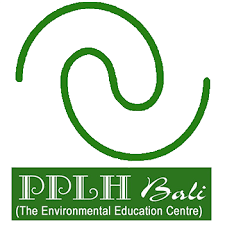 |
| Rumah Kompos Padang Tegal | Organisation | http://www.rumahkompospadangtegalubud.com/ | 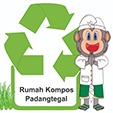 |
| Supardi | Individual | ||
| SYSTEMIQ | Organisation | https://www.systemiq.earth/ | |
| TPST-3R Desa Adat Seminyak | Organisation: Waste Processing Facility |
